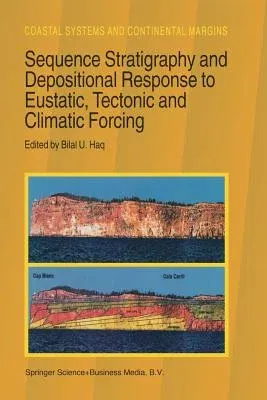Sequence Stratigraphy and Depositional Response to Eustatic, Tectonic and Climatic Forcing (Softcover Reprint of the Original 1st 1995)Paperback - Softcover Reprint of the Original 1st 1995, 17 September 2011

Qty
1
Turbo
Ships in 2 - 3 days
In Stock
Free Delivery
Cash on Delivery
15 Days
Free Returns
Secure Checkout
Part of Series
Coastal Systems and Continental Margins
Part of Series
Coastal Systems and Continental Margins (Closed)
Print Length
381 pages
Language
English
Publisher
Springer
Date Published
17 Sep 2011
ISBN-10
904814633X
ISBN-13
9789048146338
Description
Product Details
Book Edition:
Softcover Reprint of the Original 1st 1995
Book Format:
Paperback
Country of Origin:
NL
Date Published:
17 September 2011
Dimensions:
23.39 x
15.6 x
2.08 cm
ISBN-10:
904814633X
ISBN-13:
9789048146338
Language:
English
Location:
Dordrecht
Pages:
381
Publisher:
Weight:
557.92 gm

